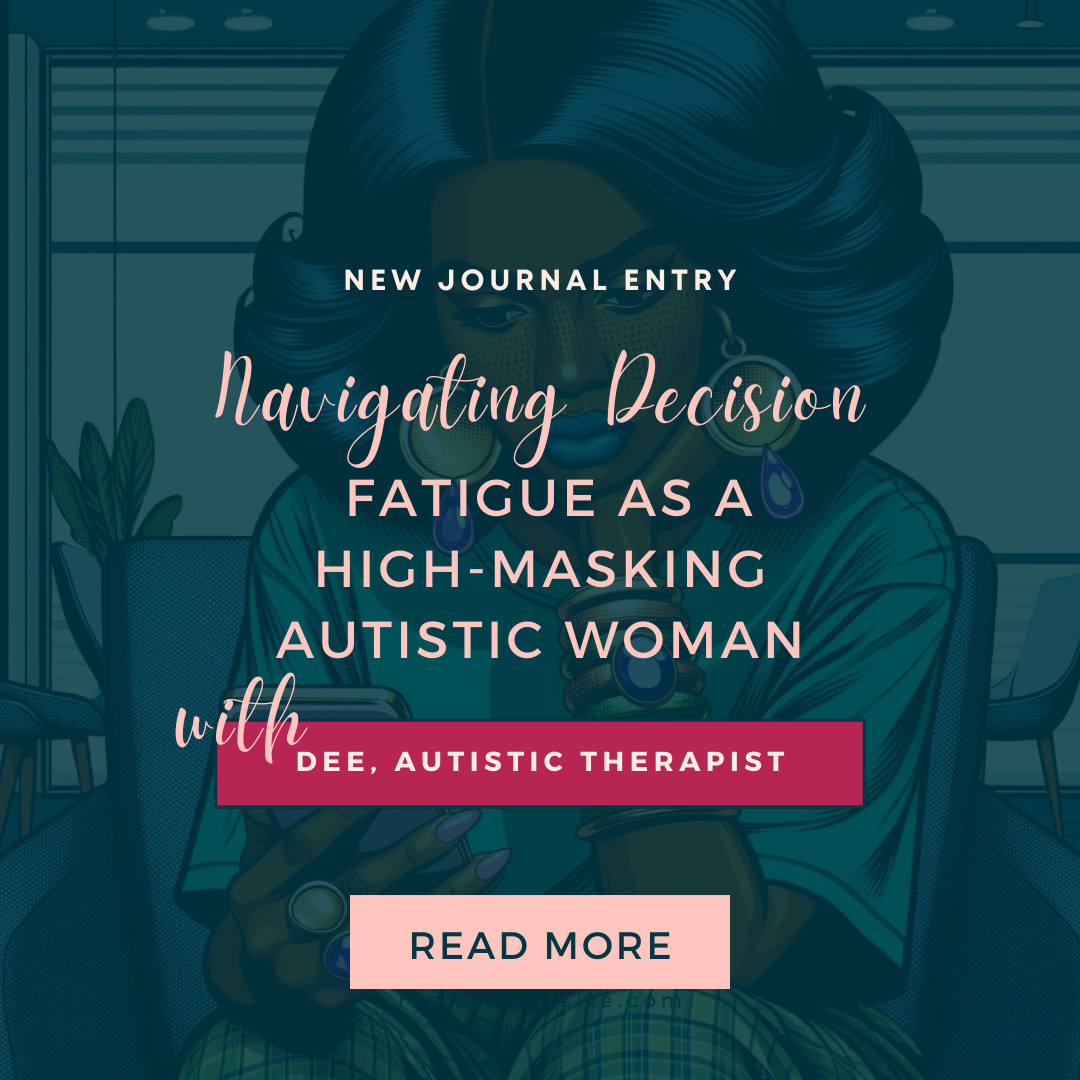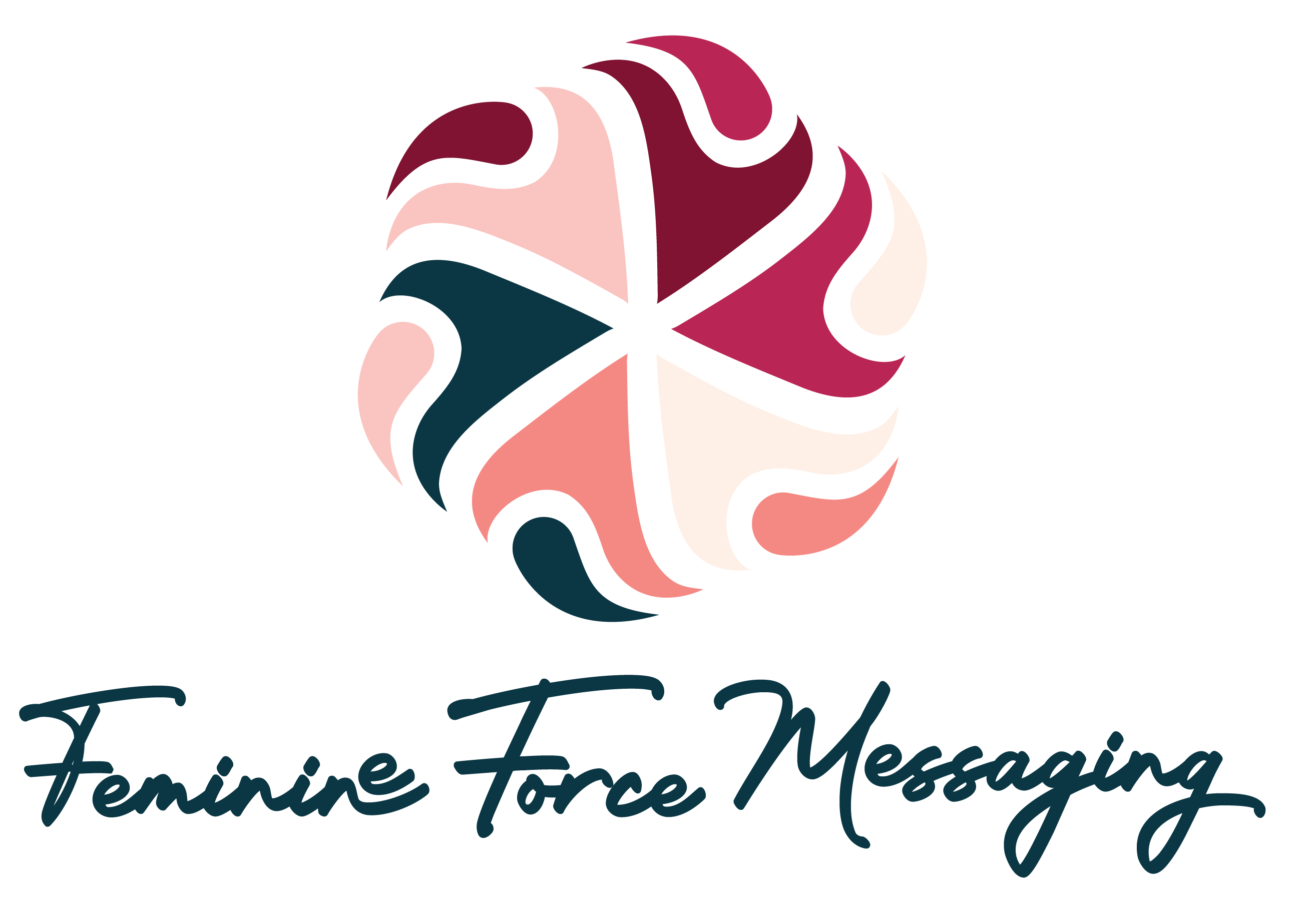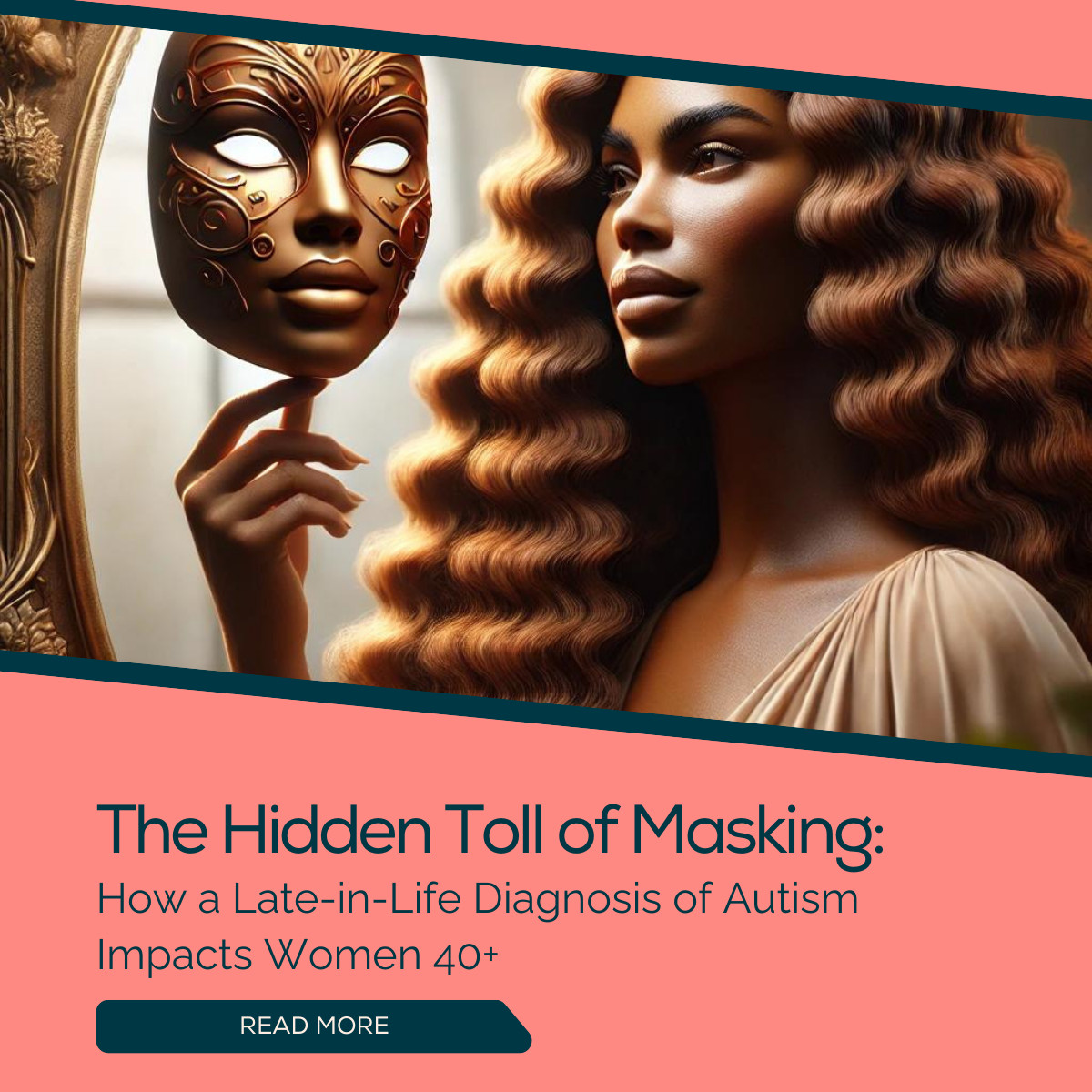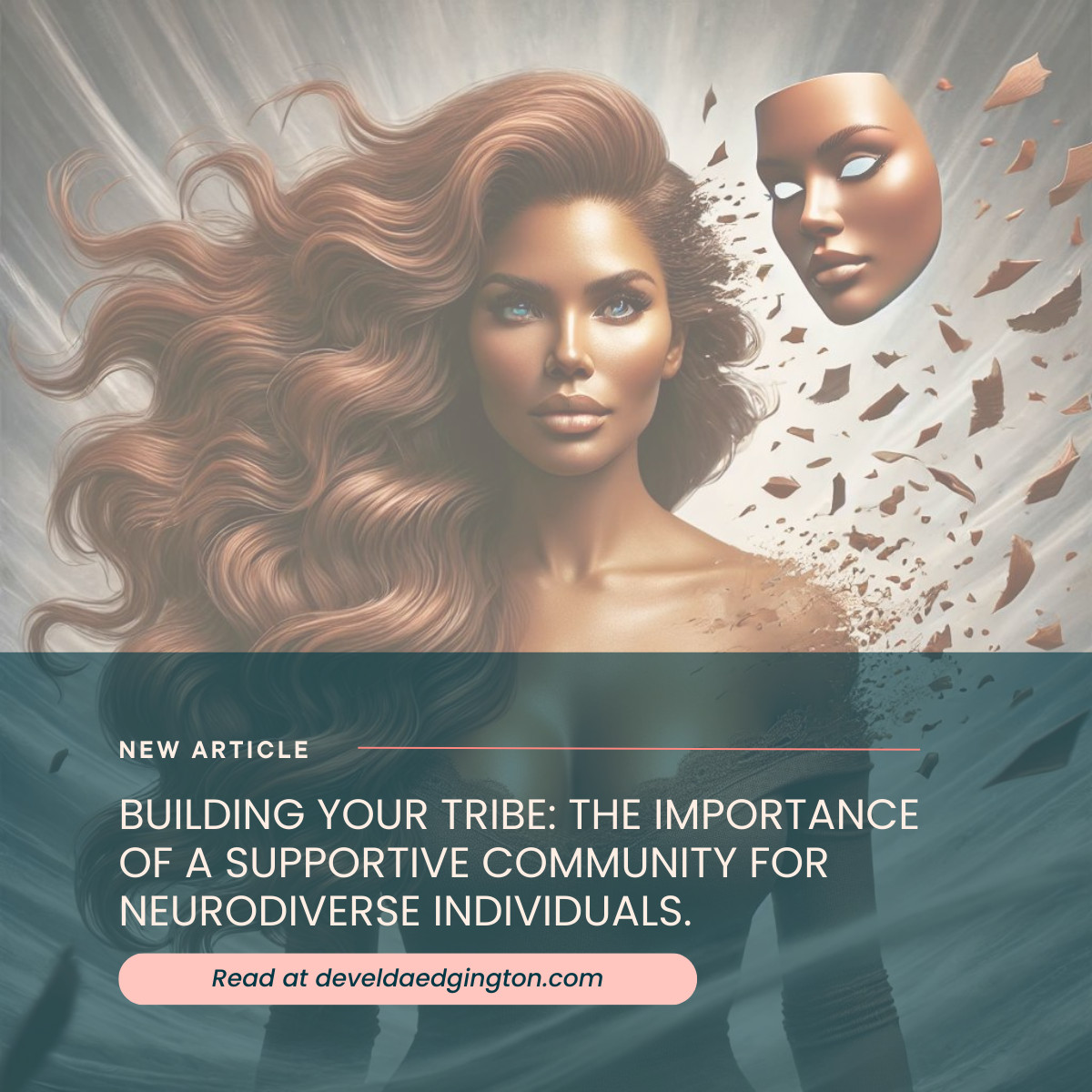
Let's talk about highly sensitive people and decision fatigue, particularly within the neurodiverse community. As a high-masking autistic woman, I've been reflecting on my experiences with decision fatigue and how it affects my daily life.
Over the past few months, I've really been trying to be present in my feelings, to be aware of the subtle tightening in my chest, the weight in my stomach, and the fogginess in my mind when I feel stuck or find myself heading down an unintended path. I often start with one thought or project, and because that project has a series of other micro-steps, there are many opportunities for me to deviate. Along the way, there are many decisions to be made: Why am I doing this? Why am I heading in this direction? What part of the funnel is it going to be in? What audience does it serve? The questions never end, swirling around in my head like a relentless storm, each one crashing into the next, leaving me mentally exhausted.
I realized I was experiencing decision fatigue. I've always tried to control outcomes, to predict with a certain level of accuracy what's going to happen if I do this. If I hit this button, what are the chances that the expected outcome will happen? And if something else happens, how do I manage that? My mind constantly goes through these patterns, whether it’s for my child—trying to predict his behavior, thinking ahead about his environment—or managing my own work schedule.
Constantly making decisions in split seconds, often more than one at a time, is exhausting. Each decision ripples out like a pebble thrown into a pond. If I decide something about my environment or my son's schedule, it sends waves through my entire day—my work schedule gets disrupted, my processing time becomes fragmented, and my sense of calm is shattered. Decision fatigue often feels chaotic, like being caught in a whirlwind of thoughts, and confusing, like trying to navigate through a dense fog, even when I know exactly what I need to do.
What I'm learning is to reduce my choices. I don't need a multitude of options. For the platform I'm building, I'm now focusing on what my audience will need in the next six to nine months instead of thinking five years ahead. Reducing choices helps.
I've also noticed that my physical well-being ties directly into my mental performance. The crispness of fresh vegetables, the refreshing coolness of water, and the deep, uninterrupted rest of a good night's sleep all play pivotal roles in whether I'm at my peak performance. I ask myself: Did I have water today? Did I exercise? Did I meditate? What music did I listen to? What shows have I been watching? All these elements play a role because they can lead me down a path where I get stuck in patterns if I'm not careful.
I've learned to break tasks into bite-sized pieces, savoring each small victory like a sweet, rewarding treat, and to celebrate these wins with a sense of accomplishment. I used to try to accomplish numerous major and minor tasks in a day, but I can't do that anymore. As I get older, I find my brain and patience just aren't the same. Having a special needs son requires a lot of my emotional and psychological energy, so I have to reserve a large portion of that for him. I know that after he comes home, I can't do any work-related tasks because the same part of my brain that I need for work is the one I need to be present for him. Trying to split it doesn't work and leaves me frustrated, exhausted, and anxious.
Decision fatigue affects us differently. Think of it like a cluttered computer desktop with tons of screenshots stacked on top of each other. To use any of those files, I would need to move things around and manipulate them just to see what I have. Our minds are similar when it comes to making decisions. We have so many things stacked on top of each other, and it can be overwhelming. Consolidating, proper sleep, hydration, and mindfulness are crucial. Dehydration often feels like sickness, causing headaches and physical discomfort. Meditation and being present help me listen to my body and stay aware of what's happening.
Most importantly, I have to be kind and compassionate with myself. Reducing the number of daily tasks and spreading them out over the week helps. For instance, Tuesdays and Thursdays are writing days, while Mondays and Wednesdays are for organizing systems and recording. Trying to write and record on the same day just doesn't work because of the number of decisions involved.
If you're feeling overwhelmed and unable to focus, you might be experiencing decision fatigue. Many neurodiverse people lack an accurate perception of future time. We might think about a task due next week every day, exhausting ourselves before we even begin. If I'm not working on it, I try not to think about it to conserve my mental energy.
This journey of self-discovery is like traversing a winding, forested path—sometimes the way is clear and sunlit, other times it's shadowed and uncertain—but I'm here to share each step, each discovery, with you. If my story resonates with you, let's navigate this journey together.
We can support each other and learn to manage decision fatigue.
Well, that's it for now...the autistic therapist out!
Dee
☕ Loved this sip of The NeuroFEM Tea?
Subscribe for more bold truths, ND-friendly insights, and unapologetic authenticity—straight to your inbox. 💌
Subscribe for more bold truths, ND-friendly insights, and unapologetic authenticity—straight to your inbox. 💌





0 Comments